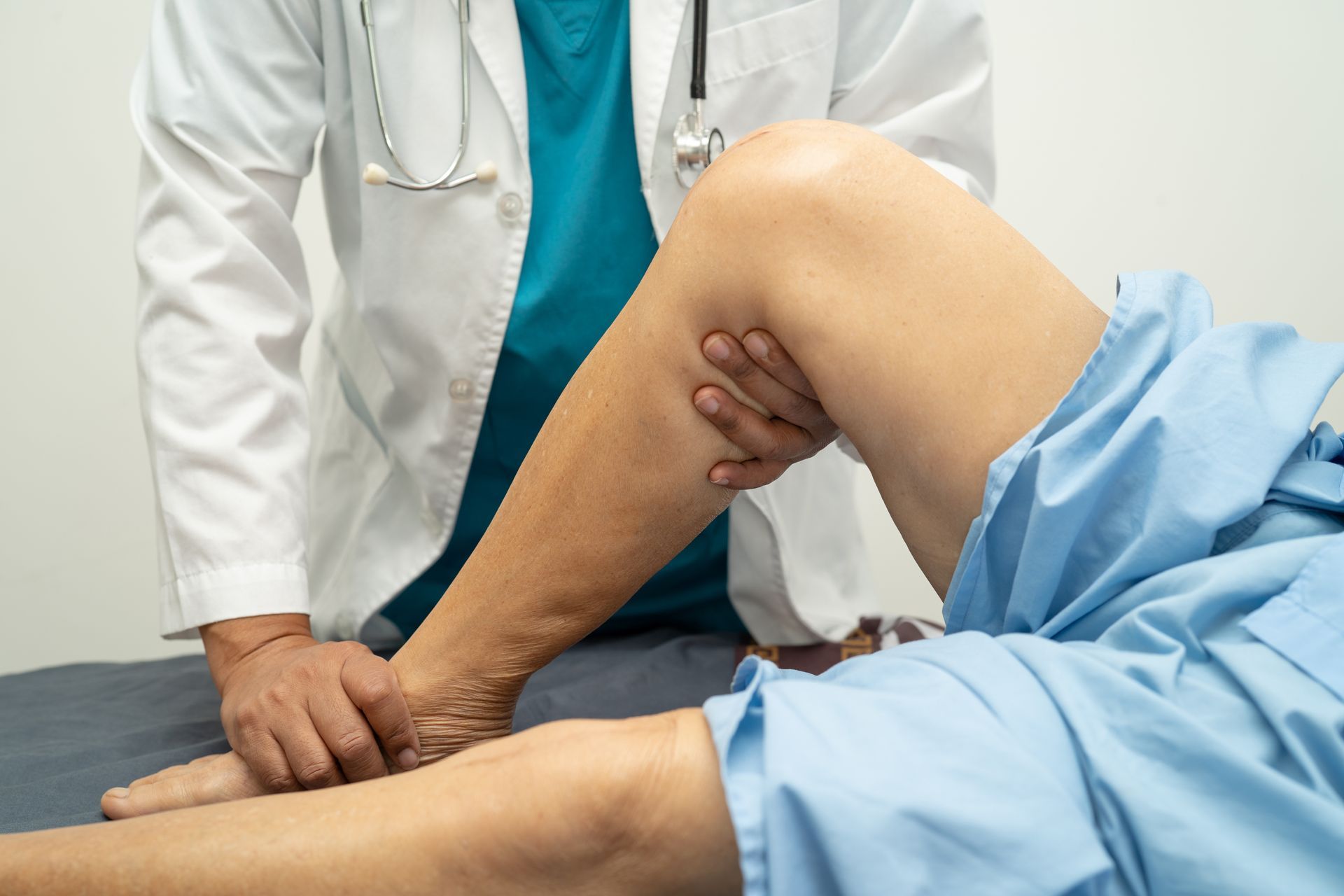Cubital Tunnel Syndrome (CuTS) is a condition that affects the ulnar nerve, which runs along the inner side of the elbow. This nerve is responsible for sensation in the ring and pinky fingers, as well as controlling fine motor movements in parts of the hand. While it might start with mild discomfort, if left untreated, it can lead to long-term consequences that significantly impact the function of the hands.
Meet Bone and Joint’s Cubital Tunnel Syndrome Specialists
What are the Short-Term Effects of CuTS?
In the early stages of Cubital Tunnel Syndrome, you may notice mild symptoms such as tingling, numbness, or a "pins and needles" sensation, typically starting in the ring and pinky fingers. These symptoms often come and go and are more likely to occur during certain activities that put pressure on the ulnar nerve, such as keeping the elbow bent for long periods, resting the elbow on a hard surface, or during sleep when the arm is in a flexed position. At this stage, the discomfort is usually intermittent and may be relieved by simply changing arm positions or stretching.
What are the Long-Term Effects of CuTS?
As CuTS progresses, the effects can become significantly more debilitating, especially if nerve compression persists without proper treatment. Muscle weakness in the hand can develop, making it increasingly difficult to perform everyday tasks that require fine motor skills. You may struggle with activities that demand grip strength and may notice a loss of coordination in the affected fingers, particularly the ring and pinky fingers. In severe cases, prolonged nerve compression can lead to permanent damage, resulting in chronic numbness, muscle atrophy, and even deformity of the hand.
How can CuTS Affect Specific Functions of the Hand?
Cubital Tunnel Syndrome tends to affect specific hand functions in noticeable ways. One of the most common issues is a decline in grip strength, which can make everyday tasks harder. Whether it’s opening jars, holding tools, or carrying groceries, you may struggle to maintain a firm grasp.
Precision movements are also affected. Fine motor skills like writing, typing, or using a smartphone may become challenging, particularly because the ulnar nerve helps control the ring and pinky fingers. Over time, this loss of function can contribute to difficulty in coordinating these fingers, which may lead to clumsiness or dropping objects frequently.
The ulnar nerve controls small muscles in the hand, and without proper intervention, these muscles can weaken to the point of noticeable physical changes. This can result in the development of a deformity known as "claw hand," or ulnar nerve palsy, where the ring and pinky fingers become permanently bent toward the palm, making it difficult to straighten them. This deformity not only alters the appearance of the hand but also severely limits its functionality.
Preventing Cubital Tunnel Syndrome and Its Long-term Consequences
Preventing Cubital Tunnel Syndrome and its long-term consequences involves simple ergonomic adjustments and lifestyle changes. Here are some practical tips to protect your ulnar nerve:
- Avoid prolonged elbow pressure: Don’t rest your elbows on hard surfaces for extended periods, especially if you work at a desk.
- Stretch and strengthen: Regularly perform hand and elbow exercises that improve flexibility and strength.
- Use ergonomic tools: Make sure your workstation is set up to reduce strain on your arms and hands.
Early intervention and appropriate treatment can mitigate the effects of CuTS, while prevention strategies can help reduce the likelihood of developing the condition in the first place. If you start feeling numbness, tingling, or weakness in your hand, seek medical advice early to prevent more serious damage. The team of physicians at Bone and Joint Clinic of Baton Rouge includes orthopedic specialists who can diagnose and treat cubital tunnel syndrome. Schedule your appointment today.




